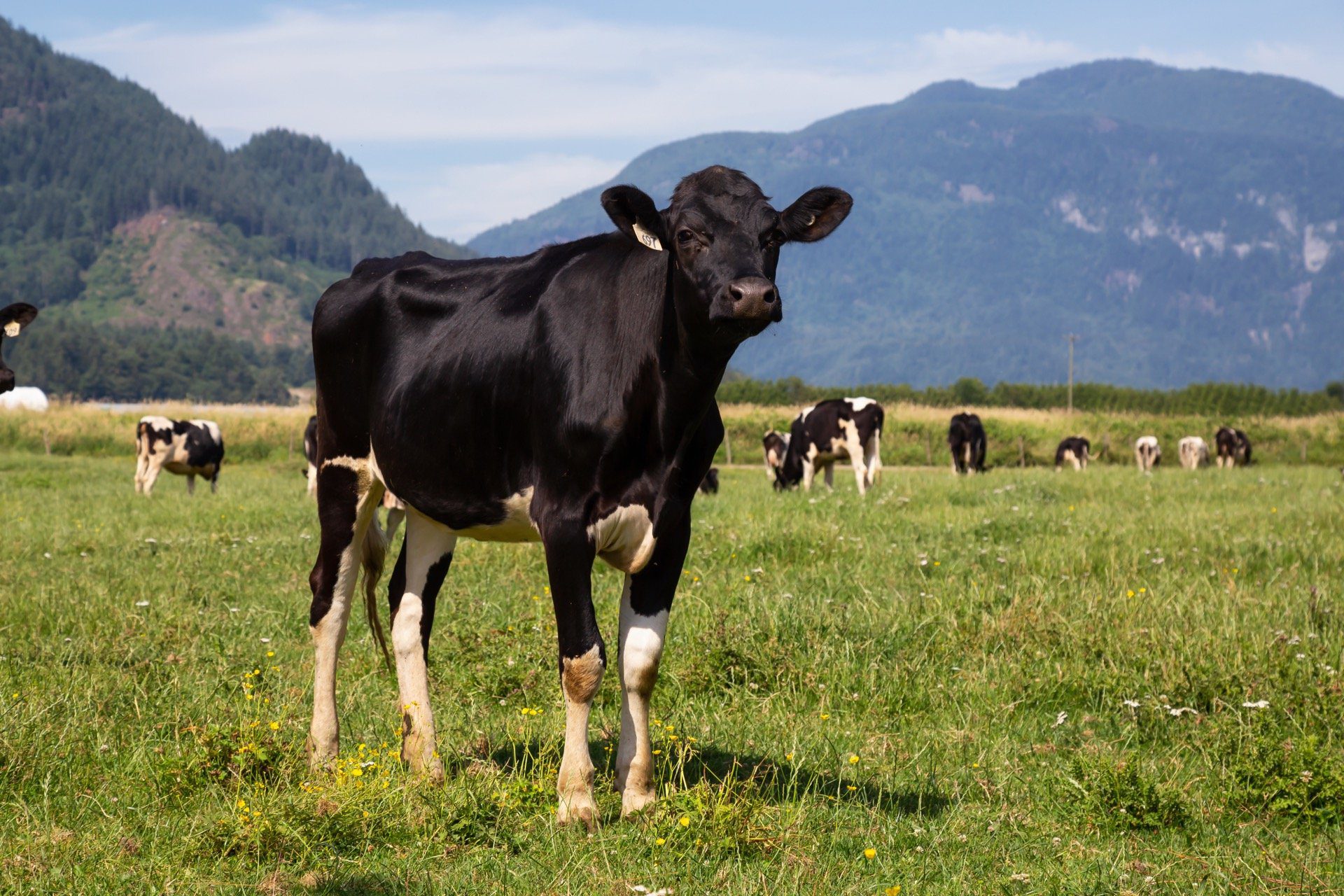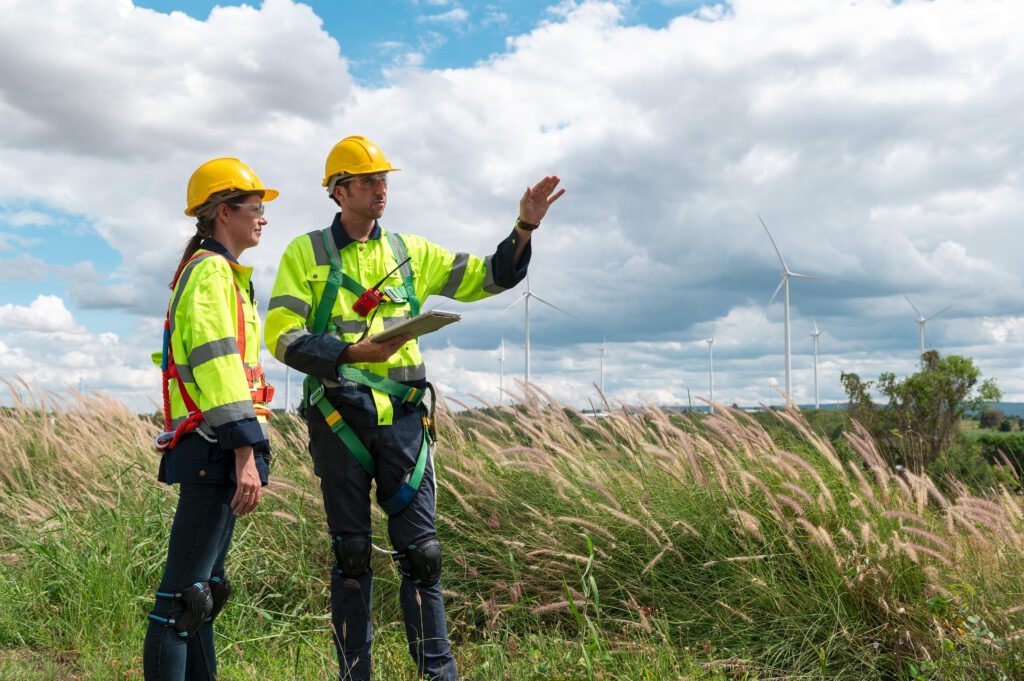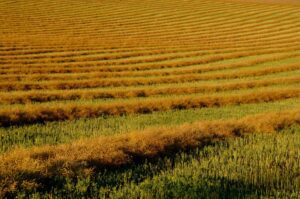Are you ready to move on from tending your farm to something new? Great! But now what? How do you know how to price your farm for what it’s truly worth? And what is a farm real estate appraisal process to begin with?
We break down how to find the value of your farm and avoid over or undervaluing your farm through the tips below.
What Is a Farm Real Estate Appraisal Process?
First things first, a farm real estate appraisal process involves an appraiser coming to your farm to evaluate key factors that go into what makes it valuable. This doesn’t just involve the land value or your farm’s production either. It includes elements like the value of your farming equipment as well.
Farming Productivity Is More Important Than Farm Profitability
While farm profitability is important on a business level, because it varies how a farm is managed it’s not a factor that’s weighed heavily into the valuation of a farm.
Farm productivity, on the other hand, does matter. In the case of an appraisal, farmland productivity is measured by yield per acre. A higher yield means more revenue per acre which in turn means the farmland is more valuable. If you’re selling equipment included with the farm that adds to the farm productivity, then it will be included in the appraisal process.
Farm Commodity Will Also Affect a Farm’s Value
Not all farm commodities have the same value. For instance, a farm that produces hay bales isn’t going to have the exact same value as a farm that produces eggs.
One of the Most In-Depth Factors Is Farm Location
Details about where the farm is actually located, in addition to the physical properties about the location do make a difference in a farm’s value.
Does the actual climate work best for the commodity produced by the farm? A climate that helps a farm be more productive can add value to it.
As we mentioned, physical details matter too. The soil, in particular, can be a considerable factor. The quantities of sand, silt, and clay in the soil matter for crop yields so they can impact how much a farm is worth.
The local neighbourhood also will matter in the final valuation. Other farms that have sold recently in the area, in combination with farms producing the same type of commodity, will impact the final appraisal.
Finally, farms closer to urban development areas will typically benefit from higher land values. Plus, farms located in areas of a variety of other farm production of vegetables or dairy will often see higher demand and thus, higher land values too.
Clearly, there’s more to what a farm’s worth than simply what it produces. Now you should have a much clearer picture of how a farm appraisal works and what is a farm real estate appraisal process.







